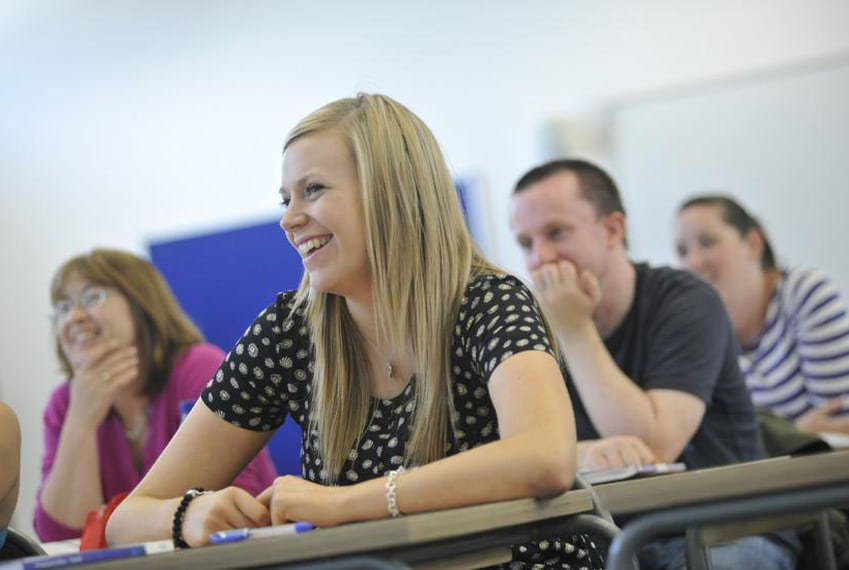The importance of getting the right careers advice

During August, thousands of students throughout the country received those all-important GCSE results that can feel so important for their futures. Many will already have decided to head on to doing A-Levels qualifications with the ultimate goal of applying to university – thereby mapping out the next five or six years still in the sphere of education. For others, the decision of whether they should remain in academia is one that they may still be mulling over, and they may not have been given enough information about the various alternatives available.
Research revealed by AAT has shown that many young people are receiving poor advice, and may not be making a fully informed choice about the different options they have. The decision they take can have long lasting effects and it must be the one appropriate to their own personal circumstances.
AAT spoke to young people aged 16 to 24 years old, and we found that nearly half of students (46%) receiving exam results this summer had received little or no information about higher-level vocational routes. In addition, nearly two thirds (62%) of those students said that their careers advice at school had been skewed towards university education. Because of the lack of advice on alternative routes, three in five of those students believed that going on to university is the only way to an established, successful career, seemingly unaware that there are high-quality vocational and technical routes into professions such as law and accountancy.
Technical qualifications and apprenticeships are still misunderstood by many , often being thought of as only a route for people trying to get into manual professions. In reality however, a higher-level technical qualification can be equally as valuable as a university degreeallowing people to get into their profession of choice through a faster route than continuing in academia and avoiding the increasing levels of associated debt.
The importance of giving young people the right careers advice has been shown over the last few months. The government’s Sub-Committee on Education, Skills and the Economy stated in July that inadequate careers guidance in schools is exacerbating skills shortages and having a negative impact on productivity in England. In addition, a recent study by Aviva has found that more than a third of UK graduates regret attending university, feeling that they could have got into the jobs they have ended up in without a degree, and that it was not worth the debt they have accumulated. This is similar to the findings from AAT’s research, where nearly half of university students we talked to (48%) said they felt they would have better career prospects if they had chosen vocational or technical education over university.
With university fees rising again soon, to a maximum of £9,250, it’s essential that students are not paying out such large amounts of money for something which does not help them in their future, and which they may come to regret. A possible end to the ‘graduate premium’, where students who go to university earn more over the course of their lifetimes, also means that careful thought should be given by students and those advising them on whether university will actually be the best route for where they want to go in life, and whether the pros outweigh the cons.
The government has plans to publish a careers advice strategy, originally scheduled to be released in spring this year, which we eagerly await. With the pressure that schools now face, with heavy teacher workloads, and a struggle to recruit staff, many may not always have the resources to give the comprehensive careers advice needed for all students. Therefore the careers advice strategy needs to take this into account, and ensure that schools are given the resources they need to help every student achieve their full potential.
Young people rely on the experience and advice of those around them to guide them, whether that is their parents, their teachers, or other authority figures. It is imperative that we ensure that the advice that they get is the best possible to make sure that they are well informed and able to make the right choices for them as an individual.
Suzie Webb, AAT











Responses